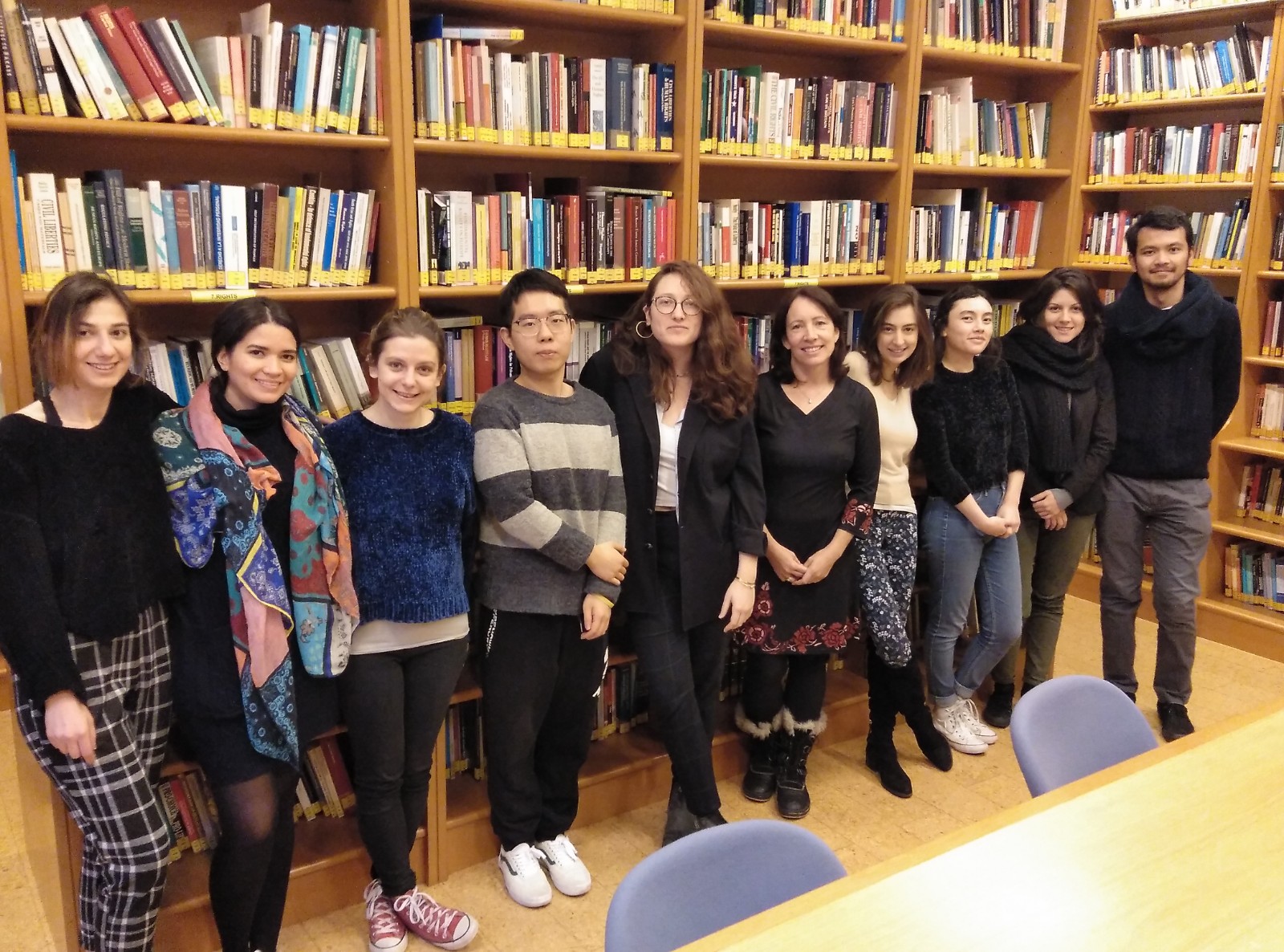The first portion of this course will focus on the law and social issues. It will investigate how a society defines and recognizes a social issue; how social issues change over time; how society does (or does not) address social issues through the legal system; and how the laws addressing social issues can disproportionately affect some people more than others. The second portion of the course will focus on the law and social justice. It will investigate justice principles such as Procedural Justice, Therapeutic Jurisprudence, Restorative Justice, Rehabilitative Justice, Community Sentiment, and Legitimacy. This portion will also briefly address the intersection of of psychology (e.g., personal decision-making), sociology (e.g., societal norms), and justice principles. The final portion of the class will ask students to investigate the social issues that are commonly addressed by the legal system in their countries. The focus will be on legal approaches such as therapeutic helping courts (called "Problem-solving" or "Specialty" courts) and correctional system programs (e.g., rehabilitation programs in prison) that exist--and those that students imagine might someday exist in their country. The students will assess whether these courts and programs (actual or imagined) meet the goals of social justice and in their attempts to address social issues. They will also make hypotheses about whether legal approaches (real and imagined) are likely to succeed based on justice and psychological principles. Students will compare the various social issues and legal approaches of various countries, and come to some educated conclusions about why countries differ.




